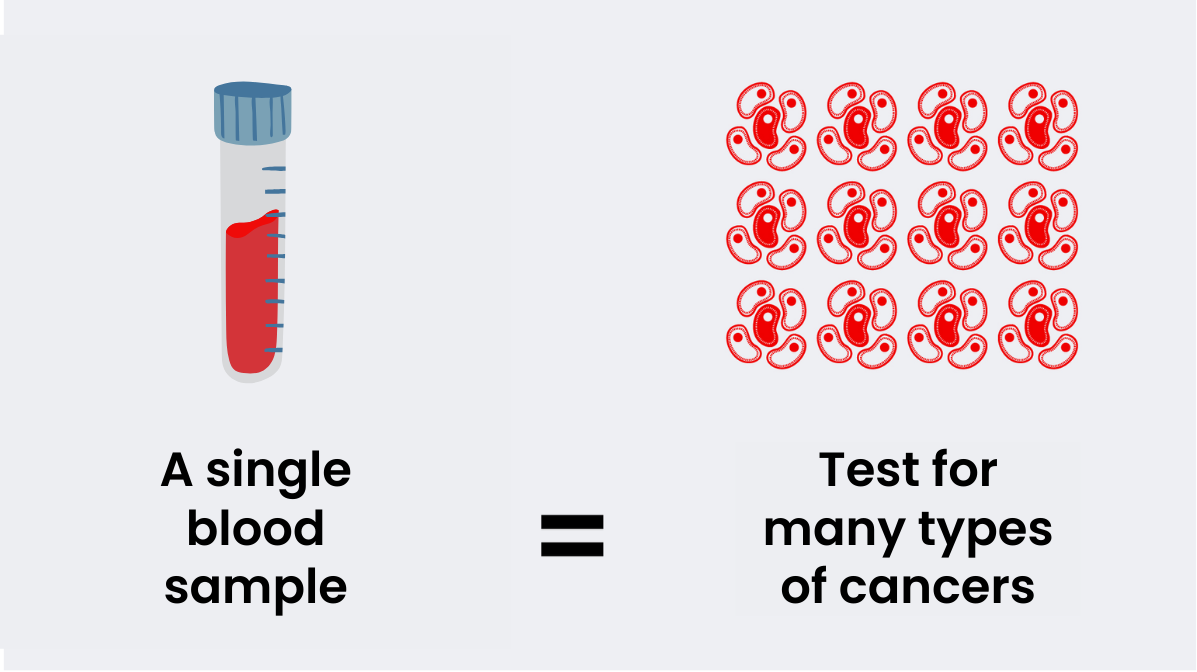Early screening for cancer is important because when detected at later stages, treatments are more limited, and outcomes are generally poorer. While more research is needed to assess the impact on outcomes, newer, innovative multi-cancer screening technology may have the potential to detect more cancers at earlier stages. Several private and academic entities are currently developing multi-cancer early detection blood-based tests. Published data indicate that some of these tests can screen for many cancers at the same time, including some rare cancers.
They call it a Multi-Cancer Early Detection (MCED) test. We call it a potentially innovative, game-changing advancement for cancer patients.
Now we need to ensure that, if approved by the FDA and shown to have clinical benefit, millions of people, especially older Americans at higher risk for cancer, will have the test covered by their health insurance plan. We are asking Congress to pass legislation that lays the groundwork for this to happen.
View the current map of lawmakers across the country who support the MCED Act.


